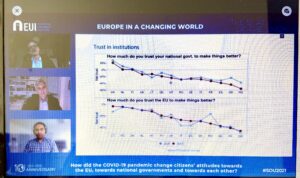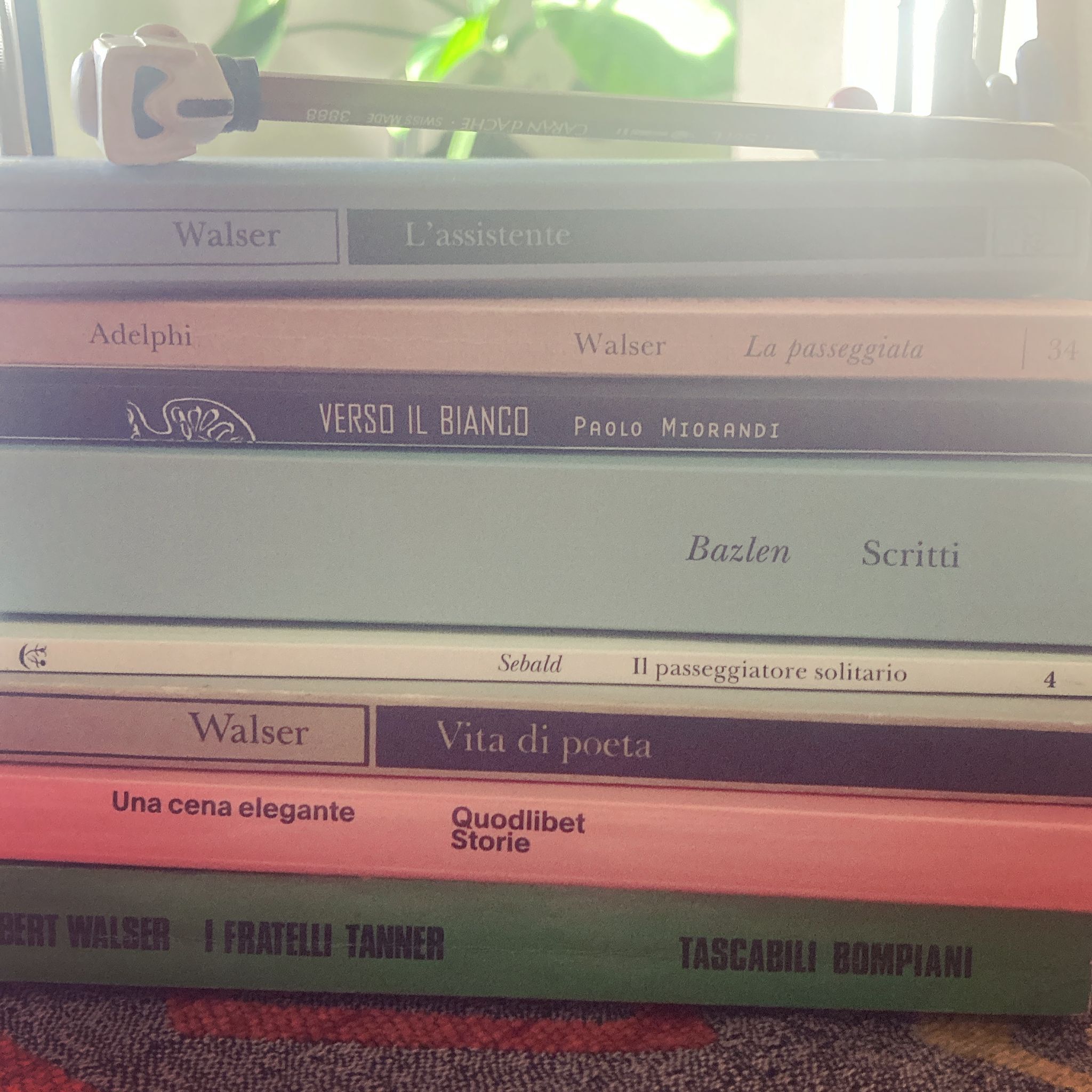Through the previous articles, general concepts have been mentioned to provide some directions on the EU as a big and complex body. Nevertheless, today’s article is focused on an annual special event where experts shared opinions and ideas on the current EU challenges.
I am glad to introduce the State Of Union 2021 High-level conference held in Florence, one of the most romantic, cultural and astonishing italian cities.
SOU2021
The State of the Union (SOU) 2011-2020 was a decade of high-level reflection with a transnational and involving debate.
Each year the city of Florence becomes a hub of debate as experts of great institutional and academic relevance, business, opinion leaders, and other stakeholders discuss and debate the main challenges facing Europe and Europeans.
The conference is being held annually around 9 May, the anniversary of the Schuman Declaration (this concept will be deepened later).
This year the focus of SOU2021has been towards the climate challenge, migration, surveillance and freedom, the key role of Europe in a globalised world, the Eurozone crisis, gender, European institutions and democratic governance, European citizenship, solidarity and 21st-century democracy.
The panels have been led by EUI academics, specialists in their fields. The European University Institute seeks to influence the international debate around the themes covered during the congress and have a positive and relevant impact on the development of governmental and transnational policies.
One of the most interesting talks was about the pandemic and the citizens’ behaviour.
How did COVID-19 pandemic change citizens’ attitude towards the EU, towards national governments and towards each other?
This presentation reported on the results of the April 2021 wave of the EUI-YouGov European Solidarity Survey and compared them to previous years.
Did COVID-19 enhance or erode trust in national governments? Did it boost or undermine public support for the EU and for European integration?
How did the pandemic change citizens’ perceptions of policy priorities and challenges?
Now we are going to analyse some charts to see the big picture regarding the citizens’ behavior in terms of trust in institutions in 2020 and 2021 among 14 European Member States.

The first line chart depicts this trust related to national governments to make things better. Overall, the countries with the highest level of trust (between 1% and 20%), in either years, are Denmark and the Netherlands. Whereas, the lowest percentages regard Greece and Romania with percentages between -60 and -20 for both the considered years.
We can also say that there are no sharp changes in 2021 compared to 2020.
This pattern differs when considering the second of our charts. In fact, the figures here show that Lithuania and Poland trust in the EU fluctuate from 0 to -20. On the other hand, France and Greece are lower than 40%. An important evidence is given by the Romania data. This figure close to -10% in 2020 dropped at -30% in 2021.
A stand out element is the “approach” towards national governments and the EU institutions.
Through this survey, indeed, more trust is given to a “traditional concept” of State, the national one, rather than the EU dimension.

Another line chart illustrates the citizens’ approach about the Pandemic restrictions.
Although around half of the considered Member States are more likely keeping constraints, the resting half chunk wants to remove them. In this analysis, even though some peaks are shown, the general behaviour of the state is heterogeneous.
Heartfelt thanks to Philipp Genschel (Joint Chair in European Public Policy, Department of Social and Political Sciences and Robert Schuman Centre -EUI), Anton Hemerijck (Chair in Political Science and Sociology -EUI) and Mohamed Nasr (PhD Researcher at European University Institute) regarding the graphs, while the data is from YouGov.
 LiguriaDay Quotidiano online
LiguriaDay Quotidiano online





